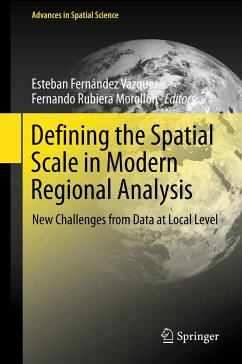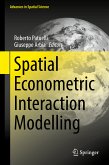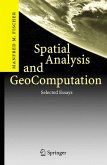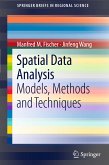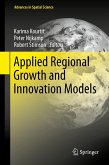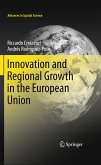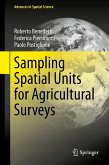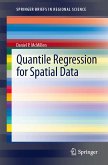This book explores different approaches to defining the concept of region depending on the specific question that needs to be answered. While the typical administrative spatial data division fits certain research questions well, in many cases, defining regions in a different way is fundamental in order to obtain significant empirical evidence. The book is divided into three parts: The first part is dedicated to a methodological discussion of the concept of region and the different potential approaches from different perspectives. The problem of having sufficient information to define different regional units is always present. This justifies the second part of the book, which focuses on the techniques of ecological inference applied to estimating disaggregated data from observable aggregates. Finally, the book closes by presenting several applications that are in line with the functional areas definition in regional analysis.
Dieser Download kann aus rechtlichen Gründen nur mit Rechnungsadresse in A, B, BG, CY, CZ, D, DK, EW, E, FIN, F, GR, HR, H, IRL, I, LT, L, LR, M, NL, PL, P, R, S, SLO, SK ausgeliefert werden.

